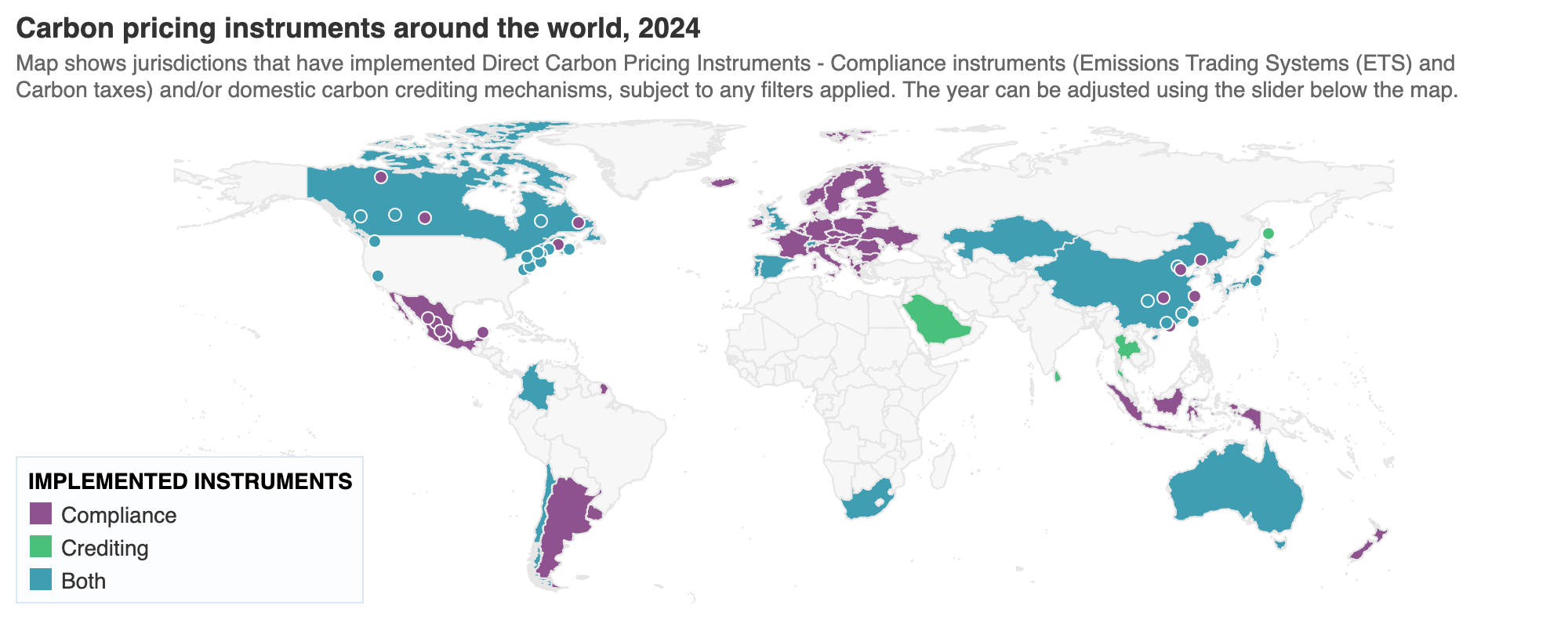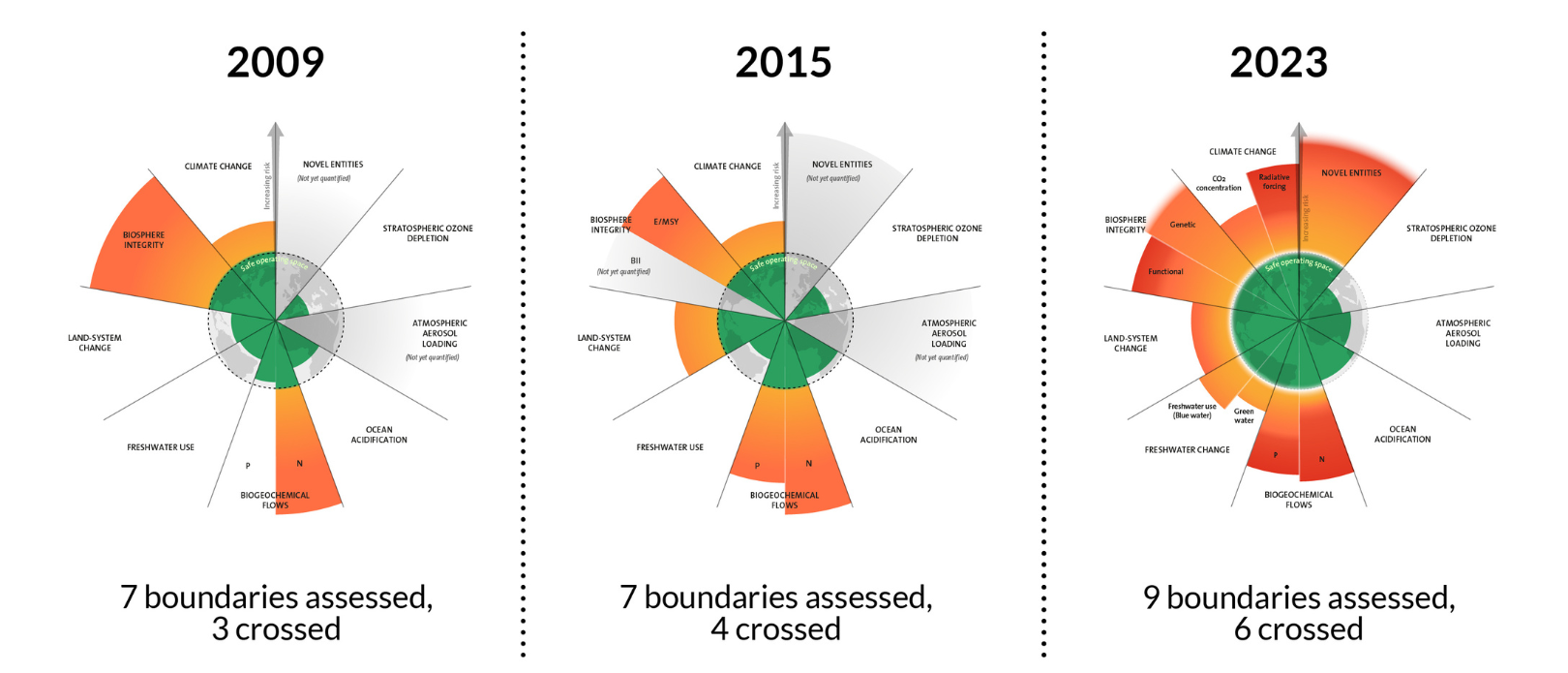We are in great favour of a globalised market without any tariffs and boarders. Global trade is probably one of the greatest developments of humanity. Not only the plurality of products & services, the possibility of global travel, and the gains in supply resilience (e.g. during the COVID-19 pandemics, the global supply chains remained performing without almost no shortage) is fantastic. Global trade connects people all over our mother plant Earth, global trade delivers wealth and prosperity, and thus global trade is a most important source for a healthy & thus sustainable global society, living peacefully together. We want to see all regions, all organisations, and all people all over our mother planet Earth taking part within this global trade and compete within a global market.
Game theory already caused the 2008 global financial crisis
The root cause of the current “tariffs conflict” is its foundation on a unhealthy economic theory based on “rationality”. There is no such thing like a “Prisoner’s Dilemma“. It is a very unhealthy invention from (modern economic) game theory, based on a significantly inhuman concept of “rationality”.
(Modern economic) game theory already caused the sever global (economic) crises in 2008. Game theory also “invented” the very unhealthy concept of “monetary incentives” and “bonus payments”, one of the root causes for the 2008 break down of the (global) banking system and the (global) financial crisis.
Tariffs, monetary incentive, and bonus payments do have the same unhealthy ideological foundation. The “Prisoner’s Dilemma” just makes no sense, because within a healthy “relationship” we simply can talk with each other and we are a social human beings, capable to express our needs and desires, communicate, hold (peaceful) negotiations, and develop sustainable agreements.
Highly respected Mr. Rubio, “United States of America” (USA) Secretary of State, talks about “fairness” within his “G7 Foreign Ministers’ summit in Charlevoix, Quebec” March 14, 2025 press conference. (cf. Forbes Breaking News) The concept of “fairness” demands the thinking within “game theory”. The opposite concept to that is solidarity and humanity, based on the “Universal Declaration of Human Rights“, or – even better – based on a “Global Constitution” (tbd.).
(Modern) economics based on “game theory” is like a drug harming humanity. Within medicine, a drug harming the health of a person would be immediately banned from the market or would not even make its way to the market and to the “consumers” (patience) due to several test and evaluation procedures. Unfortunately, with economic theories we so far have no mechanism to ban unhealthy theory from actual (geo-)politics.
After the disastrous global (financial) crises in 2008, (modern) economics and game theory survived and remains (main stream) economics. Within medicine, the deadly cure would be banned, forever.
The sustainable solution is a strong, institutionalised global tax system (direct) democratically legitimised
The sustainable solution for the “tariffs conflicts” is a global market based on global binding social, environmental (ecological), and economical standards, a global tax system, and global markets for “common goods” (e.g. GHG like Carbon, Methan & Nitrous Oxide).
International corporations & entrepreneurs will (based on Schumpeter’s Theory of Economic Development) certainly innovate & optimise their “cost efficiency” to maximise their profits within a competitive (global) market. This market (in abbreviated form) will deliver plural options for every product and service consumers all over the planet demand and can choose from.
It is the clear task from (geo-)politics to assure this global market works sustainable and (geo-)politics has to deliver on that. So, in our view, the discussion around the “tariffs conflicts” is not about “fairness”, it is about (global) sustainability and global governance.
The “World Trade Organisation” (WTO) and the “United Nations” (UN) are currently not politically legitimised nor do they have the institutionalised legislation & execution power to deliver e.g. a globally harmonised tax system. The “Organisation for Economic Co-operation and Development” (OECD) initiative for a “Global Minimum Tax” is highly welcomed, but unfortunately still far away to be actually in place.
In opposite to tariffs, we see a very strong demand for (direct) democratically legitimised global institutions delivering global minimum legal, social, health, and environmental standards and we also see a very strong demand for a global tax system.
Then tariffs just make no sense anymore, tariffs are not needed anymore
The concept of “Planetary Boundaries” (cf. and see graph from the “Stockholm Resilience Centre“) explains the volumes of “common goods” possible for a sustainable production and delivery of (global) products & services. Globally working markets for these “common goods” are necessary. Most important, a global market on “Greenhouse Gas (GHG) emissions” from burning fossil fuels (coal, gas, oil) and meat production.
Such a market for GHG emissions would define and manage the global emission volumes from Carbon (CO2), Methane (MH4), and Nitrous Oxide (N2O). Such a market (in contrast to tariffs) is in our view most important and urgently needed to prevent a humanitarian catastrophe from global warming, climate change, and the loss of biodiversity.
The sustainable solution includes a global binding market for “common goods”
The “World Bank Group” shows the developments for a (global) Carbon (CO2) market from 1990 till today (cf. “State and Trends of Carbon Pricing Dashboard“). The map shows significant gaps & weaknesses. (see the following map)

So we ask for global minimum legal, social, health, and environmental standards, a global tax system, and global markets for “common goods” (in contrast to tariffs). (Geo-)politics actually delivering on that, we advocate for the developed of a “Global Democratic Republic“.
